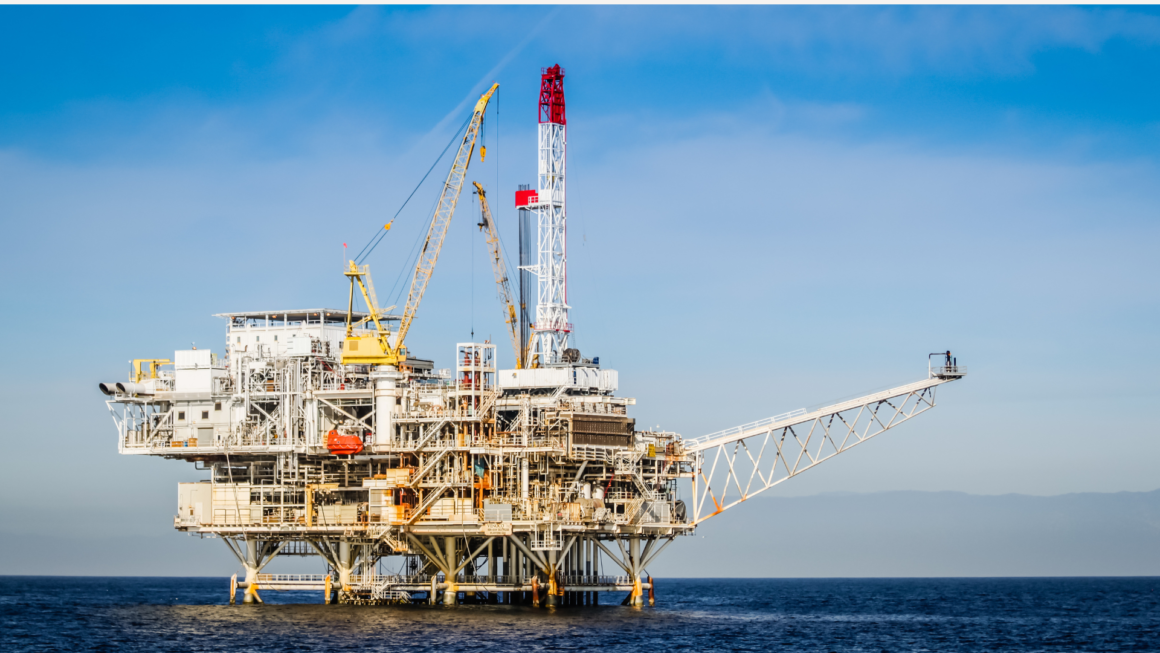Why do We Need, Oil Giants to Invest in the Future by Supporting the Dar es Salaam Aquarium and Planetarium?
By
Renae Bruce-Miller
Dar es Salaam, Tanzania — The oil industry is at a crossroads. As global climate conversations intensify and consumers demand more environmental responsibility, oil companies face mounting pressure to not only reduce their carbon footprint but to actively contribute to sustainability initiatives. ExxonMobil, Equinor, Shell, and TotalEnergies have all invested in climate mitigation projects, but an opportunity exists to take this commitment even further—by funding the construction of the Dar es Salaam Aquarium and Planetarium.
This groundbreaking project, set to become a beacon of marine conservation, scientific research, and public education in the Western Indian Ocean Region, presents a unique opportunity for oil giants to align with impactful corporate social responsibility (CSR) and carbon offset initiatives. More than just a philanthropic gesture, investing in this project would allow these companies to offset their emissions, reclaim coastal ecosystems, and reinforce their commitment to sustainability in an industry that desperately needs an image transformation.
A Carbon Offset Solution That Makes an Impact
Carbon offset programs have long been an essential tool for oil companies aiming to balance their emissions. Investing in mangrove conservation and marine biodiversity projects is one of the most effective ways to achieve this. The Dar es Salaam Aquarium and Planetarium offers the ideal platform for oil companies to expand their environmental stewardship through direct action.
Mangroves, which line Tanzania’s coast, serve as a natural carbon sink, absorbing up to four times more carbon per hectare than rainforests. Sadly, rapid coastal development, pollution, and climate change threaten these critical ecosystems. By partnering with the Dar es Salaam Aquarium Foundation, oil companies can reclaim degraded land, restore mangrove forests, and preserve Tanzania’s coastline, directly contributing to their carbon offset credits.
Additionally, the construction of a marina at the Aquarium site—funded by the oil industry—would serve as a hub for marine conservation activities, research expeditions, and community engagement, further enhancing oil companies’ reputation as leaders in ocean sustainability.
What Have Oil Companies Done So Far?
Many of the world’s largest oil firms have invested heavily in environmental projects, proving their willingness to contribute to sustainability efforts. Here are some notable contributions:
- Shell has spent over $1.5 billion on carbon offset projects, including reforestation and nature-based solutions.
- ExxonMobil has pledged $3 billion toward low-carbon solutions, including funding marine conservation initiatives in Asia and the Americas.
- TotalEnergies has invested $100 million annually in biodiversity and carbon sequestration projects.
- Equinor has directed millions toward offshore wind energy, ocean restoration, and marine research.
By adding the Dar es Salaam Aquarium and Planetarium to their portfolio, these companies can showcase a direct, tangible impact on marine conservation in the Western Indian Ocean, a region deeply affected by climate change and industrial development.
Strengthening CSR and Community Engagement
For oil companies, CSR is no longer just about environmental impact—it’s about securing social license to operate. Funding the Aquarium and Planetarium offers an unparalleled opportunity to engage with local communities and support public education.
By sponsoring marine science programs, scholarships, and sustainability workshops at the Aquarium, oil companies can:
- Foster goodwill and improve public perception in Africa.
- Provide job opportunities for Tanzanians in marine conservation and research.
- Support the education of future climate scientists and conservationists.
A strong educational partnership between oil companies and the Aquarium would demonstrate a long-term commitment to the region’s economic and environmental well-being, strengthening trust between industry leaders and African stakeholders.
The Business Case for Conservation
Beyond CSR, funding the Dar es Salaam Aquarium and Planetarium aligns with strategic business interests. The Western Indian Ocean is a critical maritime corridor for oil transport, and companies operating in the region must prioritize sustainable development to secure long-term operational stability.
By proactively investing in marine conservation, oil companies can:
- Avoid regulatory backlash by aligning with global sustainability goals.
- Enhance relationships with African governments, securing better project approvals.
- Gain recognition from international environmental agencies and investors who favor companies with strong conservation commitments.
A Call to Action for Oil Industry Leaders
It’s time for ExxonMobil, Equinor, Shell, TotalEnergies, and other oil companies to step up. The Dar es Salaam Aquarium and Planetarium is not just another conservation project—it is a global statement on corporate responsibility. By funding the reclamation of coastal ecosystems, constructing a world-class Aquarium and Planetarium, and establishing a marine research hub, these companies can leave a lasting environmental legacy.
Africa’s marine biodiversity is at a tipping point, and the world is watching. Will the oil industry seize this opportunity to be part of the solution? Or will it let another chance for true environmental impact slip away?
The time to act is now.
Conclusion
Top Reasons Why Oil Companies Should Support the Dar es Salaam Aquarium Foundation for CSR and Carbon Offset
- Marine Conservation & Biodiversity Protection – Oil companies can demonstrate environmental stewardship by funding conservation efforts that protect marine ecosystems affected by industrial activities.
- Carbon Offset & Blue Carbon Initiatives – Supporting the aquarium’s marine conservation programs, including seagrass restoration and mangrove reforestation, helps absorb carbon emissions and contributes to climate mitigation strategies.
- Community & Sustainable Development – Investment in marine education and eco-tourism empowers local communities, creating alternative livelihoods and fostering sustainable fisheries.
- Regulatory Compliance & ESG Commitments – Supporting the aquarium aligns with Environmental, Social, and Governance (ESG) goals, helping oil companies meet sustainability benchmarks and regulatory requirements.
- Public Relations & Brand Reputation – A commitment to marine conservation enhances corporate reputation, demonstrating proactive efforts in mitigating the environmental impact of fossil fuel activities.
By funding the Dar es Salaam Aquarium Foundation, oil companies can actively contribute to carbon neutrality, marine conservation, and community sustainability, positioning themselves as responsible energy leaders.

